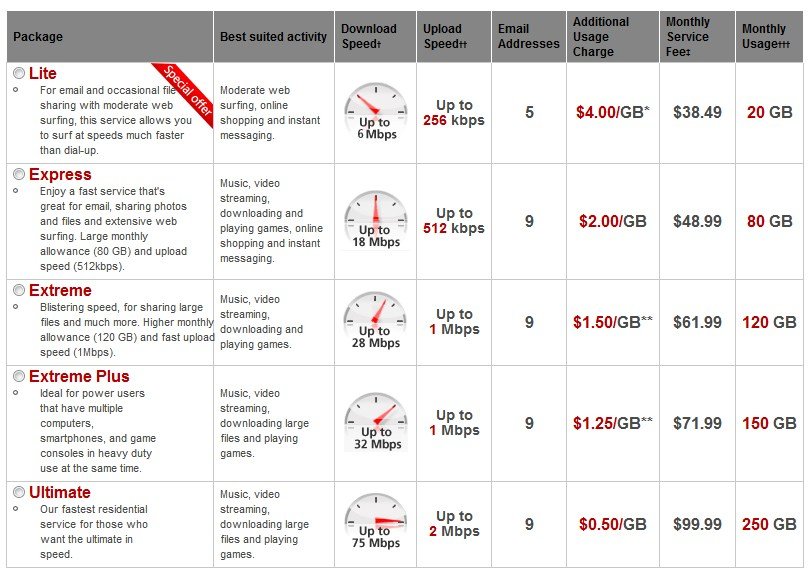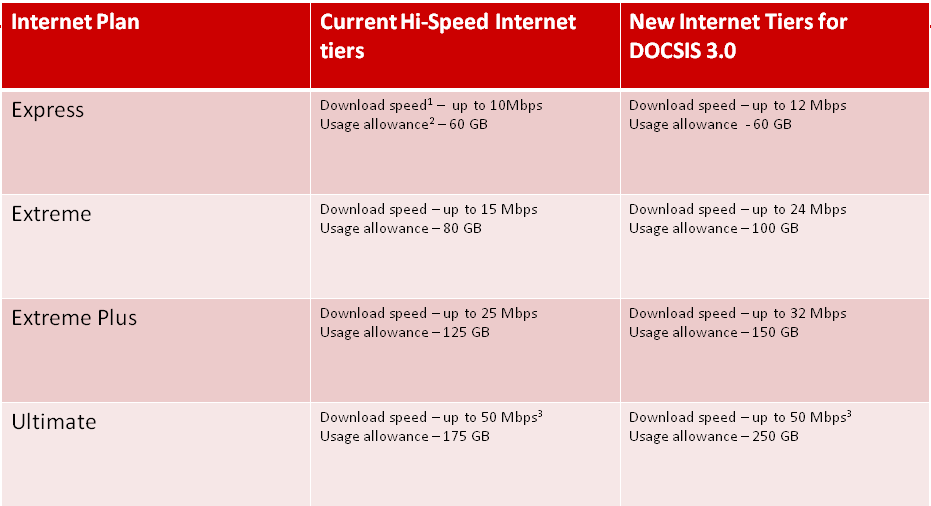In spring of this year, rural Canadian access to the Inukshuk Wireless system was terminated, forcing many to usage-capped wireless plans from companies like Rogers Communications that cost a lot more.
Kevin, a Stop the Cap! reader dropped us a line this week to remind Canadians they don’t have to pay Bell, Rogers or Telus big dollars for a small wireless usage allowance.
“After a bit of shopping, I signed up for WIND Wireless and it has been a positive experience,” Kevin writes. “Their customers service is leaps and bounds better than the big three and I get 10GB of usage for $35 a month.”
Once Kevin exhausts his usage allowance, he keeps right on browsing because Wind does not charge overlimit fees — they throttle speeds downwards, but not to the punishing dial-up-like speeds of most other providers.
“I’ve streamed music and video after I’ve hit 10GB,” Kevin writes, although he admits YouTube can be a bit problematic with buffering issues at the slower speeds.
Kevin says if he stuck with Rogers he would be paying them around $195 a month for the same usage he pays $35 for with WIND.
“Who cares about the speed of Rogers’ LTE network when you pay that much,” Kevin adds.
WIND Mobile is one of a handful of upstart independent cell phone providers challenging the dominance of incumbent telecommunications companies that have set the standards for high Canadian broadband pricing and low usage caps. Kevin wishes more Canadians would consider switching away from dominant providers to send them a message they have to compete with lower prices and better service.


 Subscribe
Subscribe





